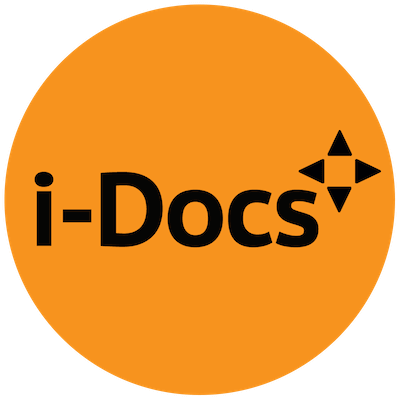A guest post from our friends at 3WDOC:
Recently returned from Bristol, where we have participated to the i-doc Symposium 2012, we would like to take this opportunity to thank Sandra Gaudenzi, Judith Aston, Maria Yáñez and Eva Dominguez for organizing this event dedicated to interactive documentary, and for inviting us! Here is a summary of what 3WDOC noted during this i-doc 2012 session.
HTML5 rules !
This was already 3WDOC’s technological choice, but everybody at i-docs agreed on the uprising of HTML5 as a disruptive factor in web technologies in general and especially in new forms of online storytelling. We presented at Bristol, some of the newest and most advanced works in digital narrative which had already been extensively discussed in the pages of this blog, namely:
- One Millionth Tower – High-Rise by Katerina Cizek
- #18DaysInEgypt by Jigar Mehta
Participation + Curation = Social Media
A quick and efficient equation which summarizes the social dimension of interactive and rich-media content being created nowdays. This dimension poses de facto the issue of curation, and incidentally the place and status of the author. What should be the author’s position with respect to possible and multiple participants’ inputs? What happens to the point of view of the author, if indeed this concept still exists, like #18DaysInEgypt where there are a multitude of authors/participants? Certainly, sharing and aggregation technologies must always serve the content and creators because without the concept of the author and/or creator, the content can quickly become meaningless… But this claim remains merely wishful thinking! The pitfall that is looming in many of these participatory and social creations coming up is that the relevance of content from the main author will be probably dissolved amid a flood of information and contributions. The views of the author, even expressed, would be certainly inaudible because drowned into the social stream “full of sound and fury” built by participants. We do not even mention the correlation between participation and non-linearization that can irremediably destroy the notion of narrative.
This author’s position next to the prescription and the social dimension of a work, both in its creation and in its publication, was central to all discussions of i-docs 2012.
Endless stories
A strong trend related to the nature of digital storytelling highlighted in the symposium was that the status of an online production is always a work in progress. Online creations are never archived, they are being updated constantly and they’re evolving under the leadership of its author and the participants.
The Web, a culture and a social practice of #mashups
@ #idocs, it was obvious that the Web culture revolves around the notions of #mashups, #cut-and-paste, #re-creation, #remix, #spoof. That is to say, perpetual experimentation, permanent work in progress, fueled by borrowing and inspiration from existing content. To this notion of “cut and paste” is clearly added a larger idea of “cut-paste-share”. We are still in the early age of the collaborative and social creation process, as discussed above.
The North-South paradox for technology
In view of 2011 that had elapsed, partly because of Arab revolutions (See #18DaysInEgypt ou Révolution.tn), it has stressed the paradox that while technology is a liberating factor in the South, it is becoming a potential factor of oppression in the North. These same technologies have contributed to the collapse of authoritarian regimes in Arab countries, but prove to be a threat to our democracies. The progressive dislocation of the notions of privacy and protection of personal data in liberal democracies has been presented as a real danger. Why? The collusion of market forces and technologies, techniques of tracking, profiling and personalization is opening an incredibly vast field for any sort of manipulation. This is also around this civic awareness that Katerina Cizek is working on with her project of “Digital Citizenship”, or what Brett Gaylor criticizes with his Orwellian project on “collusion”, which shows how the traceability of users is easy, and therefore potentially their manipulation.
Collusion is an experimental add-on for Firefox and allows you to see all the third parties that are tracking your movements across the Web. It will show, in real time, how that data creates a spider-web of interaction between companies and other trackers.
Source : http://www.mozilla.org/en-US/collusion/
These are the main points that we selected for this i-docs 2012 edition, filled with great encounters and valuable exchanges! Can’t wait for the next Symposium 🙂





